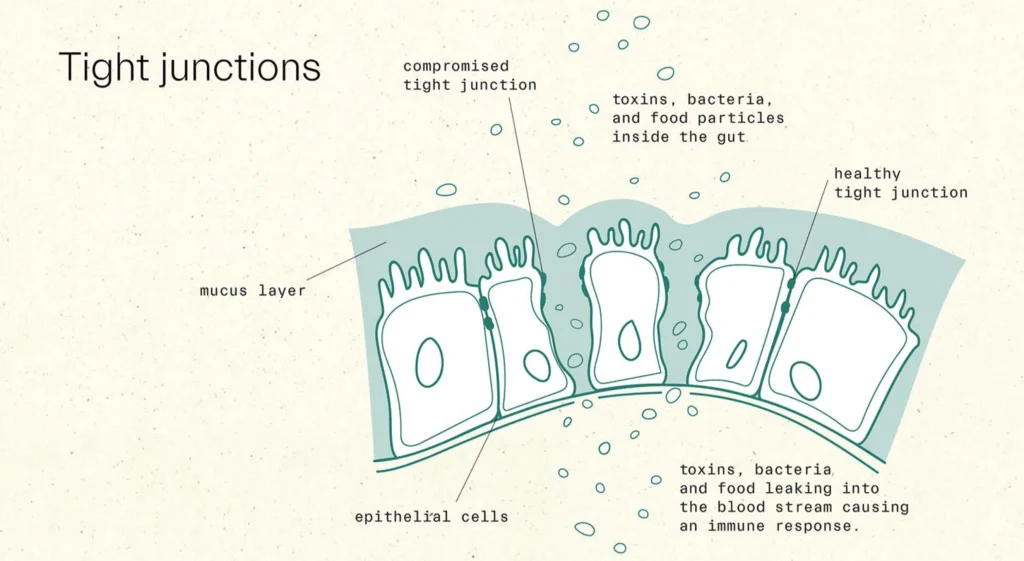We will be closed for the UK bank holiday (26th May), orders placed after 3pm on 23rd May will be dispatched upon our return (27th).
The human microbiome is a complex ecosystem of trillions of microorganisms residing in our bodies which play a role in our overall health. When the microbiome is in harmony, it contributes to digestion, immunity, and even mental well-being. When this becomes unbalanced, it can lead to a variety of unwanted health issues.

Imagine a car where each piece is working together to help each component work effortlessly. This is similar to a healthy microbiome, where various microorganisms coexist, working together and individually to create a functional, healthy environment. Here is what characterizes a healthy microbiome:

Imagine a car that takes a few turns of the key in the ignition for the car to start, it makes a rattling noise, the brakes aren’t working efficiently. This is similar to an unhealthy microbiome, where the delicate balance has been disrupted. Here is what characterizes an unhealthy microbiome:

Understanding what can influence the health of our microbiome is essential for maintaining or restoring balance:
Our microbiome is a dynamic and vital part of our health. A healthy microbiome resembles a well-functioning car, where all parts can work together in tandem. An unhealthy microbiome on the other hand, can mirror a poorly run car, with dysbiosis, inflammation and metabolic disturbances.

Share this article